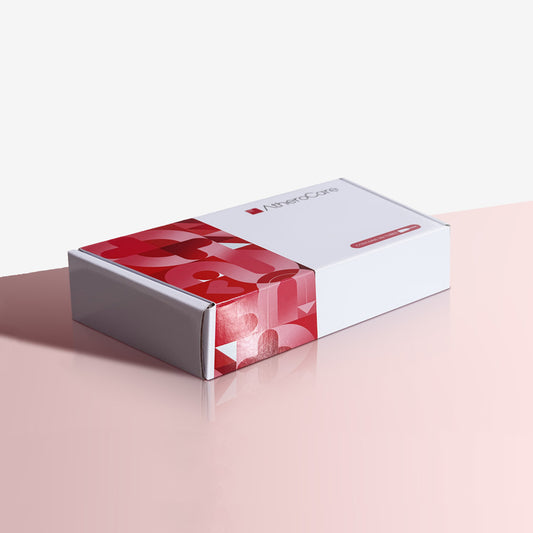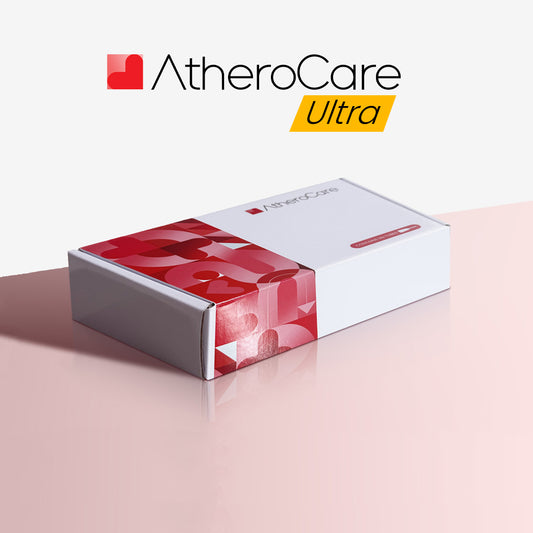Exploring Cyclodextrins for Cardiovascular Wellness: A Case Reflected by Dr. Mark Sircus
This article summarises insights and reflections shared in a public video by Dr. Mark Sircus. It is presented here for educational purposes only and does not constitute medical advice.
In a recent video, wellness author and practitioner Dr. Mark Sircus shared his personal wellness journey involving cyclodextrins—specifically a form called hydroxypropyl-β-cyclodextrin (HPβCD)—which he incorporated into his lifestyle during a period of cardiovascular concern.
According to Dr. Sircus, delays in accessing conventional procedures led him to explore alternative wellness strategies. Among them was the use of cyclodextrins via a non oral delivery format, made available through AtheroCare. He refers to this as a “liquid suppository,” or rectal enema, which he incorporated into a broader protocol focused on general wellbeing.
What Are Cyclodextrins?
Cyclodextrins are ring shaped sugar molecules used for decades in the food and pharmaceutical industries. Their ability to encapsulate other molecules makes them useful as excipients and solubilisers in many formulations, including those approved by regulatory agencies such as the FDA.
The specific type referenced in Dr. Sircus’ account—HPβCD—features a unique structure with both water attracting and lipid attracting properties. This dual profile has led to scientific interest in its ability to bind to certain fat soluble compounds. While preliminary research has explored possible interactions with cholesterol and lipid profiles, cyclodextrins are not approved for therapeutic use and are sold as wellness supplements only.
Dr. Sircus’ Personal Wellness Experience
In his video, Dr. Sircus describes incorporating cyclodextrins as part of a self directed wellness regimen. He states that over the following months, he observed general improvements in energy, outlook, and personal resilience. He also noted a reduced need for other interventions that had previously been discussed, though no causal link can be established.
He attributes these changes to a multi-faceted wellness plan, of which AtheroCare’s cyclodextrin protocol was one component. Importantly, his account is anecdotal and not presented as clinical evidence or medical advice.
On Delivery Method
Dr. Sircus highlights that HPβCD is not taken orally in his case, as digestive acids may compromise its structure. Instead, he chose rectal administration, a method that bypasses the gastrointestinal tract. AtheroCare’s product is formulated for this wellness-oriented delivery approach, which may support systemic absorption without oral degradation.
Scientific Context
While cyclodextrins are widely used in pharmaceutical manufacturing, their role in supporting cardiovascular wellness is still being explored. Early-stage research and preclinical studies suggest potential for lipid interaction, but these findings are not conclusive and should not be interpreted as therapeutic claims.
Some health professionals, including integrative practitioners, have shown interest in this area, though larger-scale clinical studies would be required to substantiate any outcomes.
Important Considerations
Cyclodextrins, including HPβCD, have been studied for safety and are generally considered well tolerated in regulated doses. However, every individual's health needs are unique. AtheroCare strongly encourages all individuals to consult their healthcare provider before making any changes to their wellness or supplement routines.
Dr. Sircus’ case is a personal account of lived experience and is shared publicly as a contribution to the broader wellness dialogue. It is not a substitute for medical advice or a guarantee of outcome.







